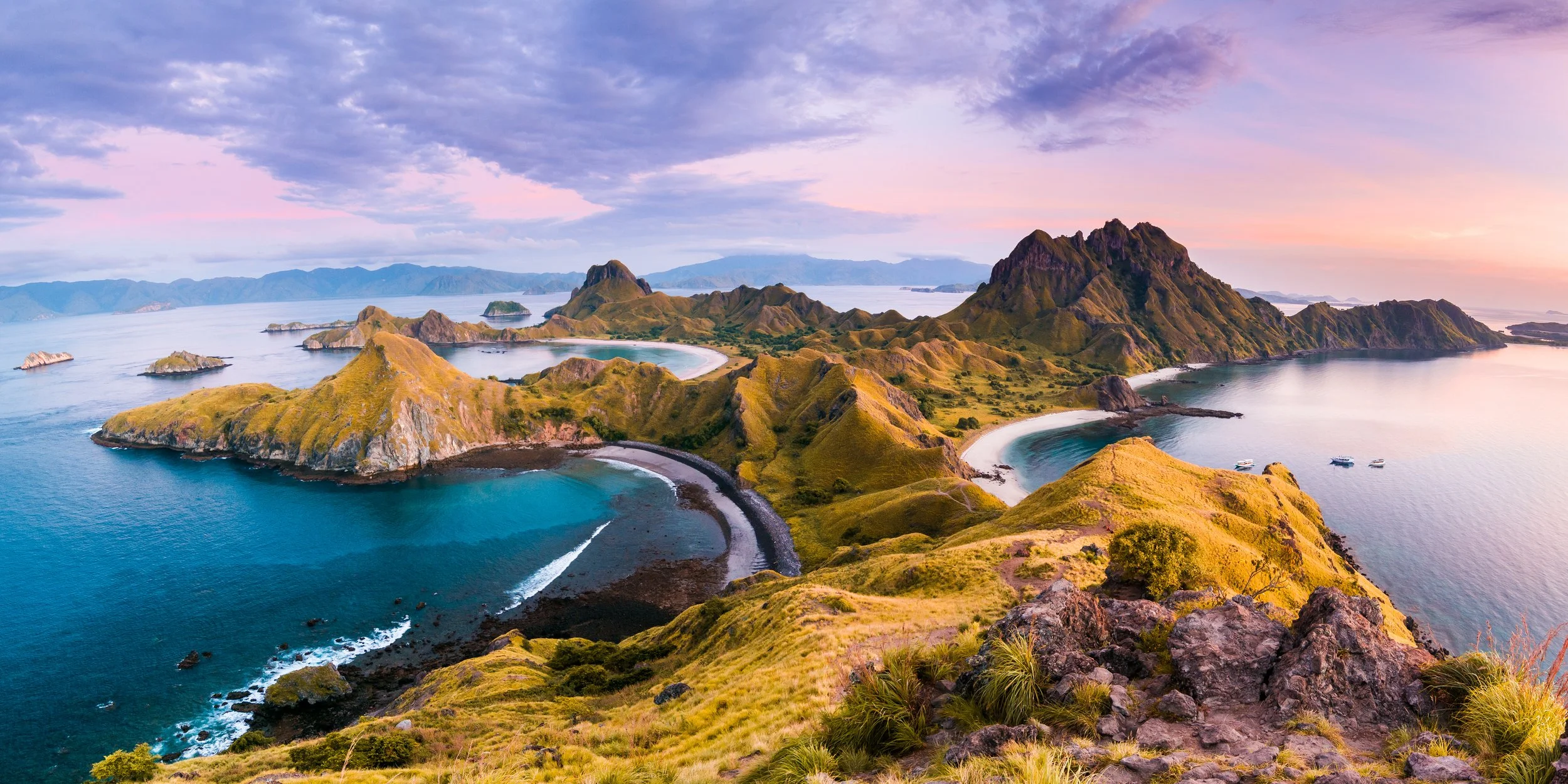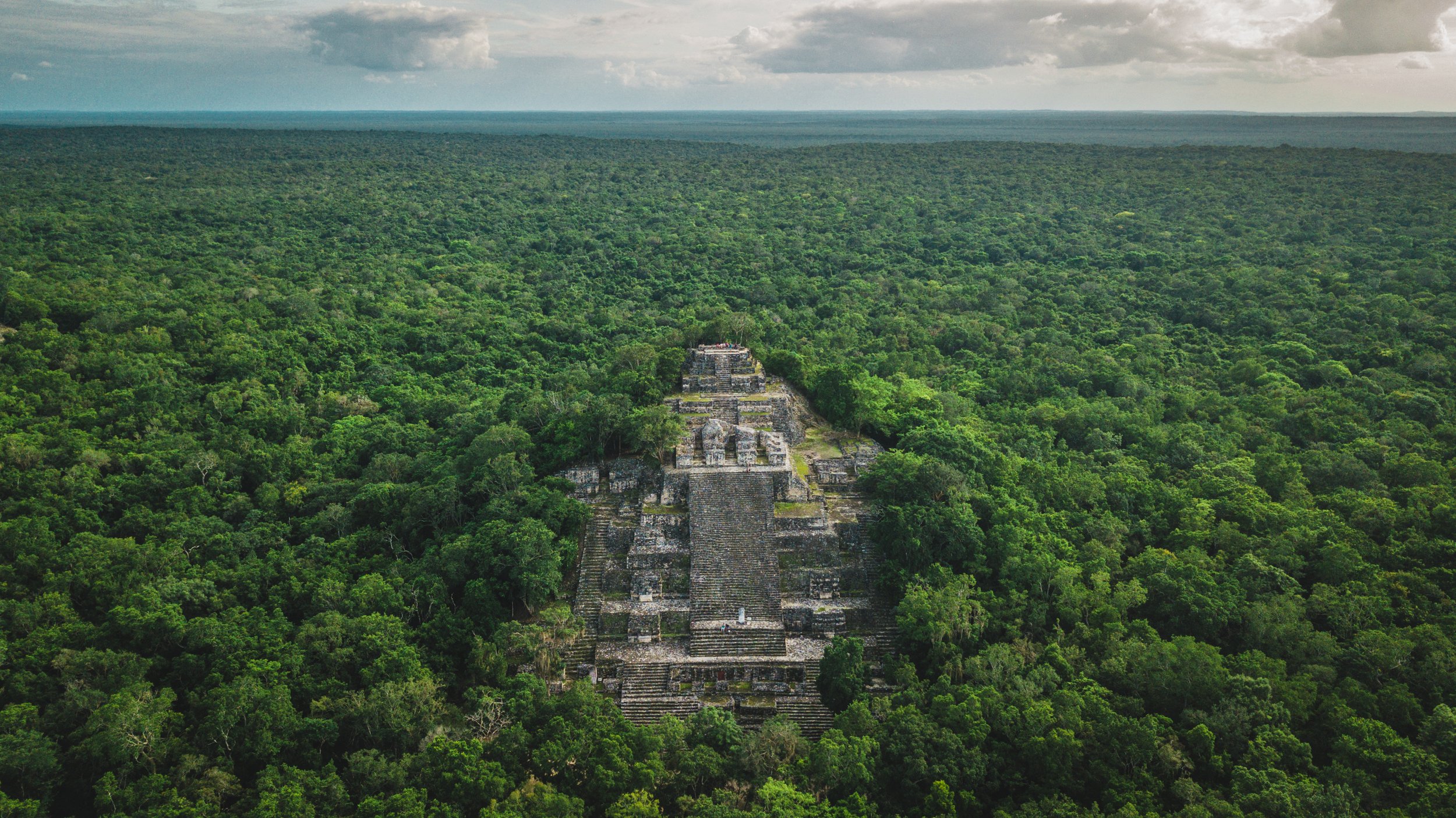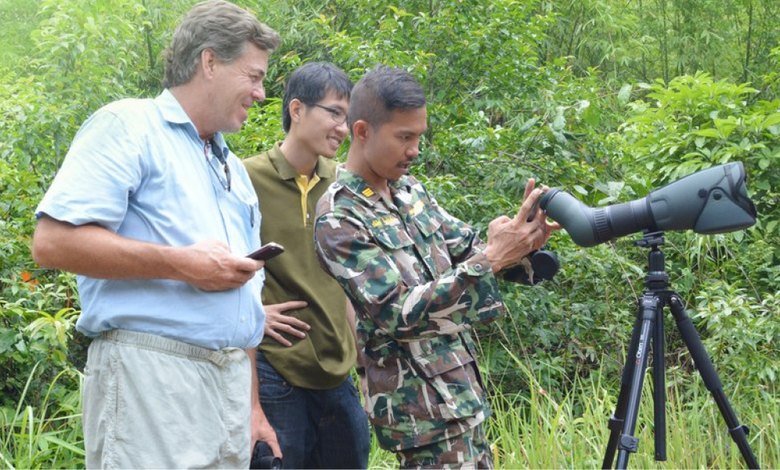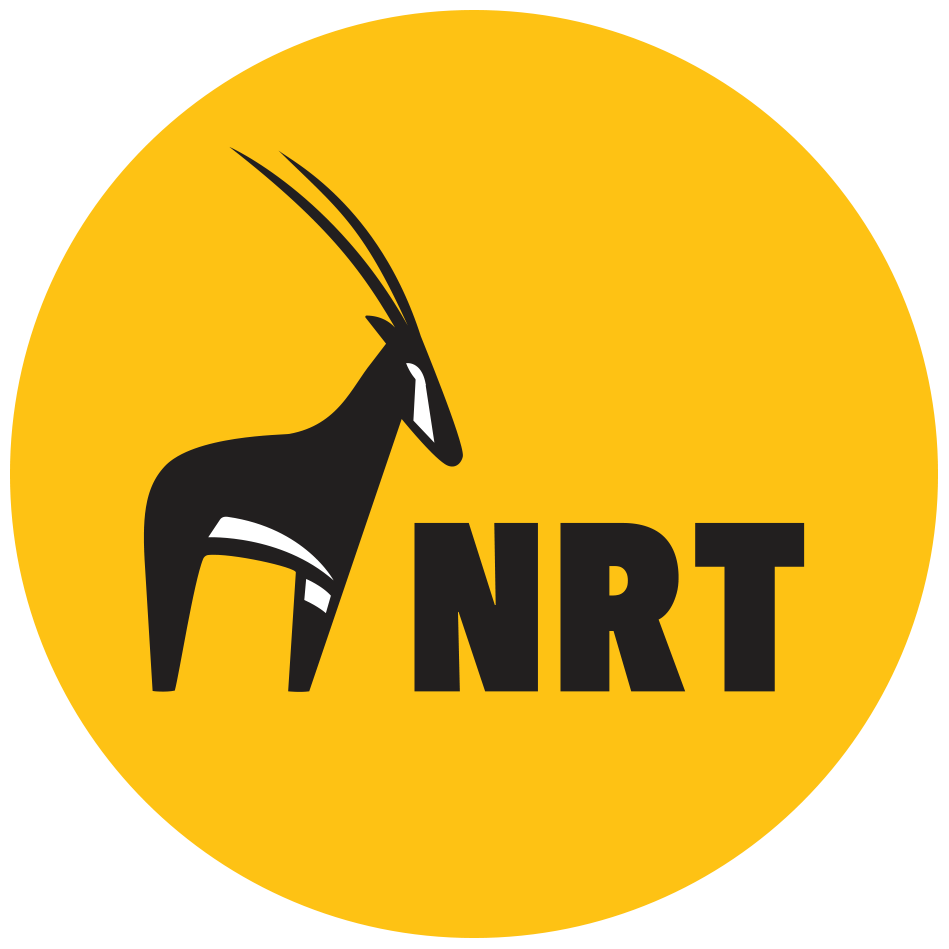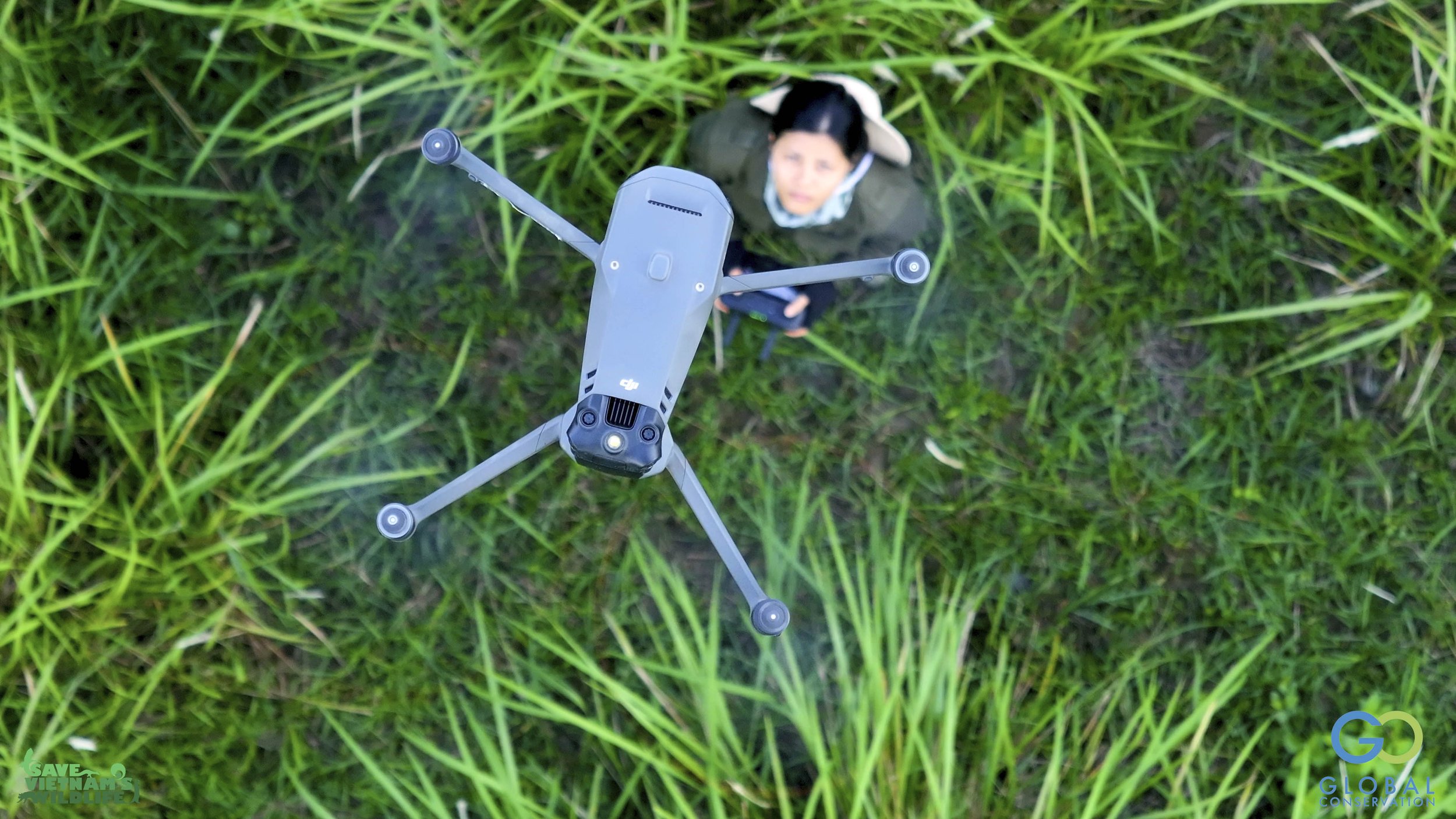
We train and equip rangers to stop illegal logging, wildlife poaching, land clearing, and mining for both land and marine areas.

OUR MISSION
Global Conservation is the only international nature conservation group whose sole mission is the direct protection of endangered national parks and indigenous territories in developing countries.
WHAT WE DO
Our main initiatives include Global Park Defense, Community Protection, and Marine Protection.
Poaching, logging, mining, land clearing, and human encroachment are accelerating. As wild spaces become scarcer, it becomes increasingly important to protect what we have left.
Global Conservation trains, equips, and empowers rangers globally to advance their protection of wild spaces on land and in the sea.
Over the next decade, human activity will consume 50% of intact wildlife habitats for endangered megafauna like tigers, primates, bears, lions, elephants and rhinos. At current rates of destruction, protected areas will be the last bastions for wildlife in developing countries.
Global Conservation was founded to protect our most important and endangered wild spaces. We are the only nature conservation group whose sole mission is the direct funding of park protection systems for saving national parks and UNESCO World Heritage Sites in developing countries.
We're committed to supporting the local and indigenous communities who are the front line of defense for protecting the wild places they call home. We are working with our conservation partners and supporters to bring our program, Global Park Defense, to 25 parks worldwide by 2025. Through Global Park Defense, we can enable “No Cut, No Kill” protection for the world’s most critical national parks and UNESCO World Heritage Sites.
Established in 1980 in order to protect the largest lizard on the planet, and nestled in the heart of Indonesia’s archipelago, lie the volcanic islands of Komodo National Park (KNP). Rolling green hills, dry savannas, and white and pink sand beaches make up the park’s three large islands (Komodo, Padar, and Rinca) and a legion of other smaller islands, surrounded by clear blue water.
Mouling National Park was established in 1982 with the objective of creating a favorable habitat for plants and animals. It is located on the right bank of the river Siang and is a reserved house for diverse flora and fauna. The vegetation of the area varies according to the altitude. The upper reaches are home to temperate alpine and coniferous forests, while tropical evergreen forests cover the lower area. Ornamental plants like foxtails and orchids are abundant in this area.
The Ngorongoro Conservation Area (8,292 km2) in northern Tanzania represents one of the world’s greatest and most important reservoirs of large mammal biodiversity, and also contains one of the most important paleoanthropological sites in the world.
Stretching over 160 kilometers along the coast of East Kalimantan Province, the Derawan Archipelago is among the most biologically rich and intact marine ecosystems in all of Indonesia. Maratua Island, one of Global Conservation’s focus areas, not only faces illegal fishing but also annual plastic islands washing onto its shores from the Philippines, Malaysia, and as far away as China.
High above the Caribbean coast of Colombia, where the land rises dramatically from the sea to nearly 5,700 meters, lies the Sierra Nevada de Santa Marta, a mountain range unparalleled in its ecological richness. This is the highest coastal range in the world, a sanctuary where glaciers gleam atop jagged peaks. This mountain range is more than just a hotspot for biodiversity; it is a spiritual heartland, a place the Kogui people call the "Heart of the World."
In the northwestern most stretches of the country of Georgia lies a sparsely populated region called Racha-Lechkhumi. There, Georgia has recently created a new national park, part of a broader initiative to expand Georgia's protected natural areas by 100,000 hectares. This protected area aims to safeguard local biodiversity, promote tourism, and create new jobs in the region.
In the heart of Nepal’s Terai, where golden grasslands meet shadowed forests, lie the wild sanctuaries of Bardiya and Banke National Parks. Here, the roar of the royal Bengal tiger echoes through the trees, and the mighty one-horned rhino treads ancient paths. These parks, spanning over 1,500 square kilometers, are lifelines for endangered species and vital corridors in the Western Terai Complex.
In the depths of the Yucatán Peninsula lies Calakmul Biosphere Reserve, a place where the wild heart of the Selva Maya pulses with life and history. This expansive park shelters ancient Maya ruins hidden beneath towering trees, and within its borders, jaguars roam freely, a rare glimpse into a world where nature and culture are inextricably linked.
As part of the Maya Biosphere Reserve, Calakmul is not just a sanctuary for biodiversity but a living narrative of resilience and balance. Here, conservation efforts meet the challenge of preserving one of Central America’s most vital ecosystems while supporting the communities that call this region home.
With its sprawling forests and meandering rivers, Cat Tien National Park, Vietnam is a natural wonderland that beckons both adventurers and conservationists alike. Among its inhabitants are iconic species facing the threat of extinction. The Asian elephant, a symbol of strength and wisdom, roams these ancient forests, its presence a testament to the rich biodiversity of this region. However, this fragile paradise faces unprecedented threats from human activities and environmental degradation.
This is the Heart of the Maya Biosphere and a UNESCO World Heritage site. Mirador National Park, a proposed 500,000-hectare protected area, contains the largest intact primary forest and wildlife habitat in Central America with over 40 major ancient Maya cities and interconnected causeways.
There's just one place left on earth where tigers, elephants, orangutans, and rhinos live together in the wild: the Leuser Ecosystem World Heritage Site on the Indonesian island of Sumatra.
Murchison Falls National Park is best known for the most powerful waterfall in the world, which roars with such intensity that the ground trembles around it. But with over 70 mammal and 450 bird species, it is also a critical area for African biodiversity.
Thap Lan is Thailand’s second largest park and one of the last intact habitats for a suite of threatened and endangered species, including tigers, elephants, clouded leopards, Malayan sun bears and hornbills.
Although 60% of the world's coral reefs are seriously endangered, there are still bright spots for ocean conservation - areas where reefs are thriving. Conserving these intact reefs is becoming more important than ever. One such place is Jardines de la Reina National Park, in Cuba.
In the uneasy peace that followed the Cambodian Civil War, the Cardamom Mountains suffered rampant logging, poaching, and slash-and-burn agriculture as people struggled to find their way in this post-conflict era.
In the Heart of Borneo, there's a place whose uncharted rainforests are so secluded that it has never been permanently inhabited by humans. It’s as though it exists on a separate planet; some call it Sabah’s “Lost World”.
The 220,000-hectare Mana Pools National Park, a UNESCO World Heritage Site, lies in the Lower Zambezi Valley of Zimbabwe, part of a vast unfenced wilderness of over a million hectares where wildlife roams free.
The Amazon is one of the world’s greatest natural treasures: a vast expanse of rainforest stretching across 5.5 million sq. km, teeming with unparalleled biodiversity. One in every ten living species known to man lives here, including 40,000 plant species, 3000 fishes, 1300 birds, and more than 400 mammals.
These mountains are one of the world’s biodiversity hotspots: the richest and most threatened reservoirs of life on Earth. This park helps protect many of Georgia’s endemic plants, and a number of imperiled animal species. In the park’s core wilderness area, virgin forests host many of the park’s bear, lynx, wolf, red deer and chamois.
Palau's coral reefs are considered one of the seven Underwater Wonders of the World. They contain a menagerie of megafauna, from giant clams and manta rays to sea turtles, dugongs and fierce saltwater crocodiles that swim among hundreds of coral and sponge species.
Carpathian National Nature Park is Ukraine’s first and largest national park, and the largest protected area in the Carpathian region. The Carpathian Mountains harbor Europe's largest remaining tracts of primeval forest, and support the continent's largest montane populations of wolves, lynxes, and brown bears.
Panama’s Darién National Park is the largest protected area in Central America and the Caribbean. This Biosphere Reserve is considered the Americas’ most important “natural lung” after the Amazon. Darién is among the most species-rich ecosystems in Central America.
The Greater Belize Maya Forest is critical for the conservation of the Selva Maya, one of the world's largest remaining forests and a haven for jaguars and other threatened species.
In the 1980s in Cabo Pulmo, Baja California Sur, Mexico, fish stocks were forced into a precipitous decline. When Cabo Pulmo National Park was declared in 1995, 35% was preserved as a no-fishing area. After determined action by local families, the entire park was designated a no-fishing zone.
La Amistad International Park is a transboundary protected area and World Heritage Site that is shared between Costa Rica and Panama. PILA protects a mosaic of diverse habitats and an extraordinary number of endemic species, found nowhere else on Earth.
In the southern reaches of the Central African country of Cameroon, near the borders with Gabon and the Republic of the Congo, lies a primeval rainforest called Dja. Here, Global Conservation is entering into our first GC Projects in Central Africa, where we will deploy Global Park Defense to address critical threats.
Global Conservation has deployed Global Park Defense in Yasuni National Park, Ecuador, one of the Amazon’s bastions for biodiversity. Yasuni, a UNESCO World Heritage Site, is one of the last continuous tracts of virgin tropical forest in eastern Ecuador.
An oasis in the semi-desert, Kidepo Valley National Park covers 1,442 square kilometers of the spectacular Narus Valley. Dramatic mountains and rocky outcrops surround beautiful expanses of savanna and forest.
Shar Mountains is a stunning example of high elevation mountains and forests in the heart of the Balkans. It's a European biodiversity hotspot and an area with outstanding natural values in the border area of North Macedonia and Kosovo.
Turneffe is the largest atoll in the Mesoamerican Reef and the largest marine reserve in Belize. This Marine Protected Area, or MPA, is facing serious threats as the ten-year old TASA implements Global Conservation's Global Park Defense.
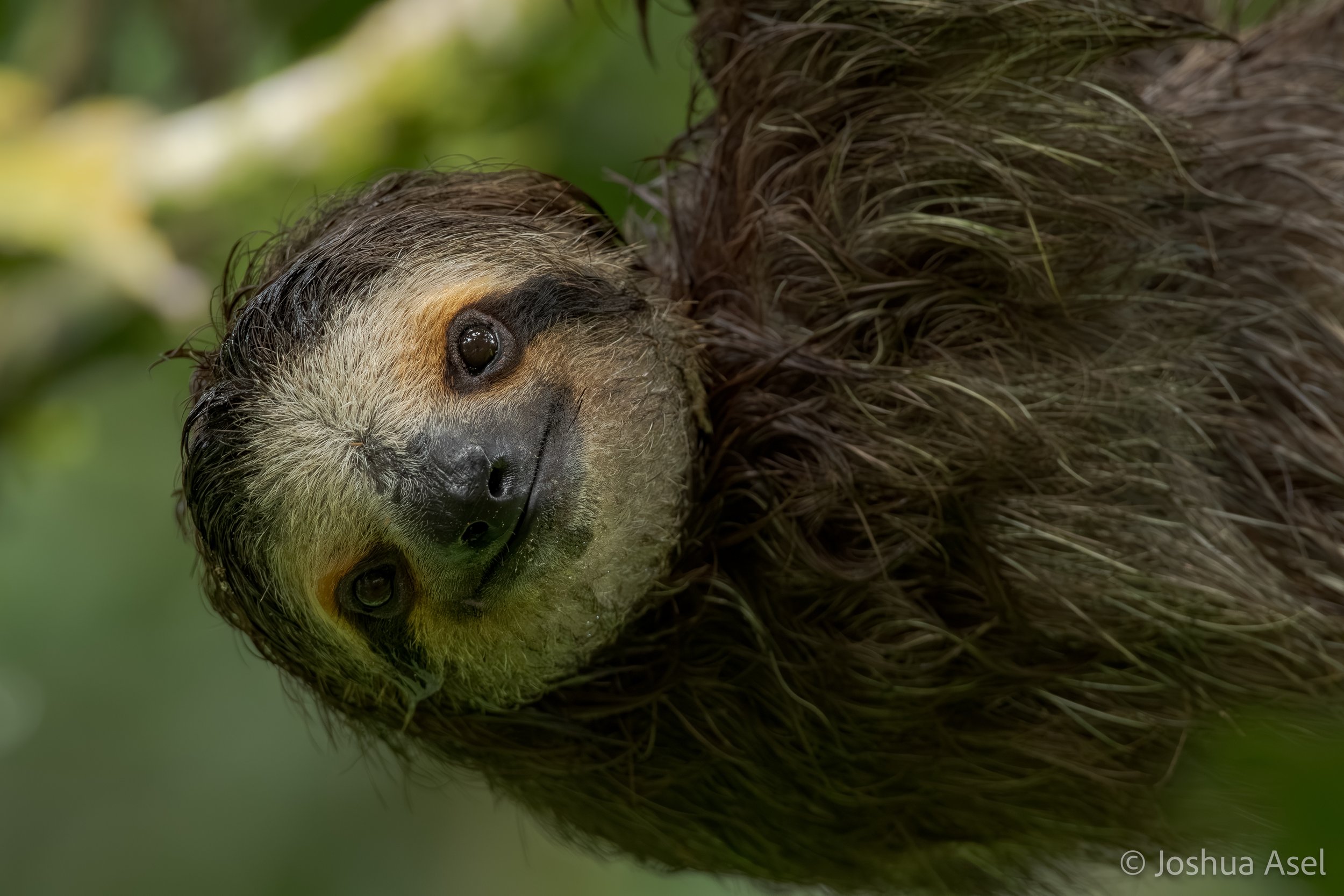
Together, we can protect the world’s wildest places.
Donate today to expand park defense systems to new parks and world heritage sites. Your gift directly supports rangers and local communities working to save their wildlife.
Our Team
Board of Directors
Advisory Board
WWF - Vice President of Ocean and Area-Based Conservation, California Ocean Science Trust - Science Director
Department of Biology - University of Massachusetts, Elected to the US National Academy of Sciences and the Royal Academy
Director, Biodiversity and Wildlife Solutions, RESOLVE
Former Vice President for Science, World Wildlife Fund
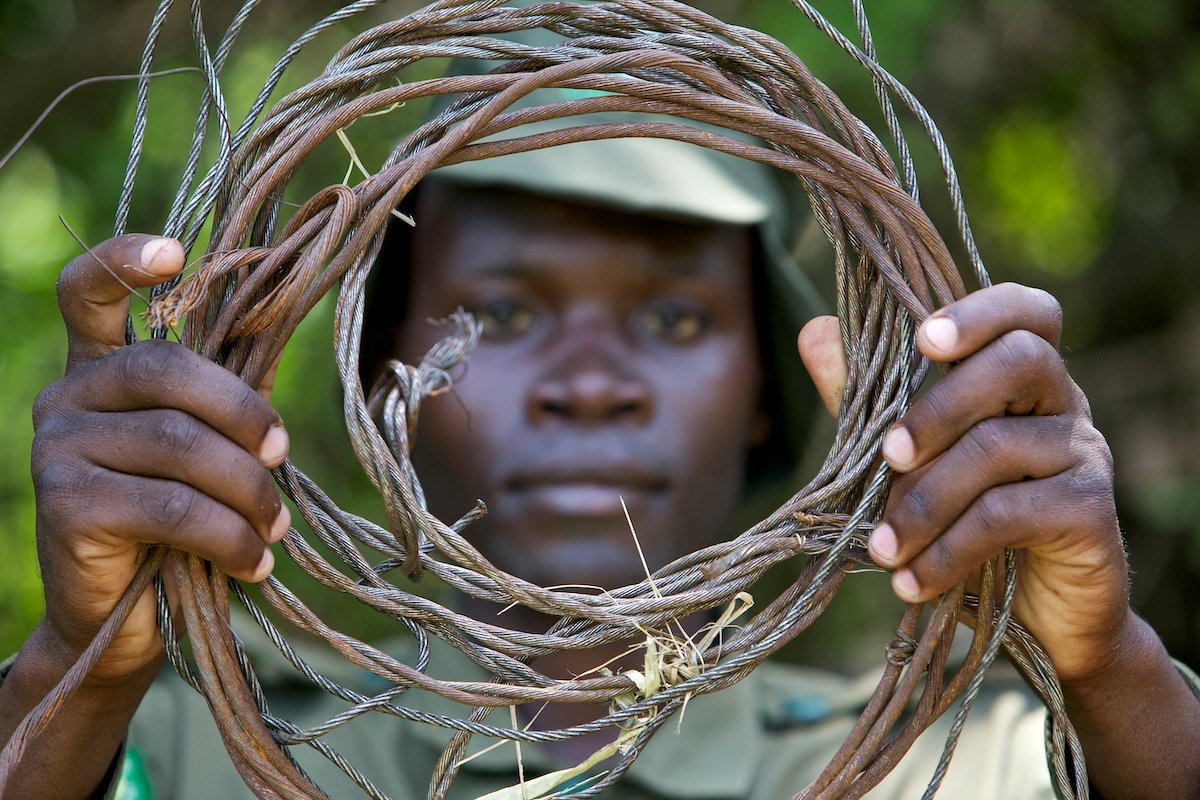
Make an Impact,
Join Our Community
Join a global network of people and organizations working to protect wild places across the planet. Discover all the ways you can get involved!


